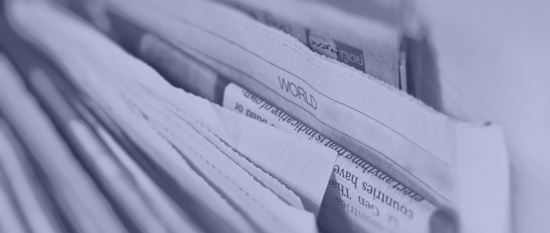
Information resourcesInformation, data and media literacy
Digital literacy in the area of information, data, and media content means the capacity to find, evaluate, organise, use and permanently store information and data in different formats to answer questions, solve problems, and gain knowledge.
- Instructions on how to use this page can be found on the entry page.
- Send feedback and reports problems to digital-literacies@clutterunibas.ch
Resources at the university of Basel
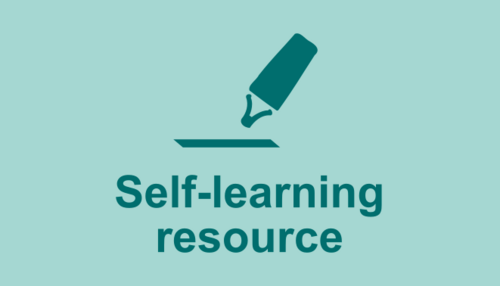
Information Literacy: the Basics
What is information, data and media literacy, and why does it matter? This self-learning course provides basic guidance on dealing with information from the internet, with a special focus on plagiarism.
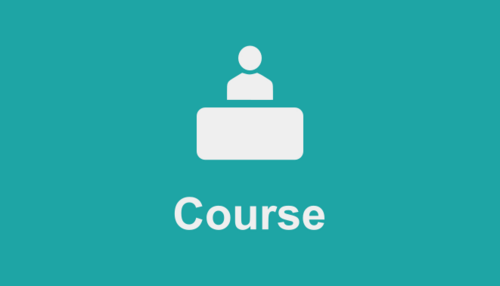
Skills for PhD students
The «Transferable Skills» program offers PhD students many training opportunities on information, media, and data literacy, with topics such as citation and plagiarism, data visualization, and data management.

Information literacy at the UB
The University Library offers, both in presence and online, many training opportunities and courses on information literacy, including search methods and literature management.

Data analysis and statistics
To strengthen one's data literacy skills, the University of Basel offers many short courses on data analysis and statistics, with a focus on the R programming language.
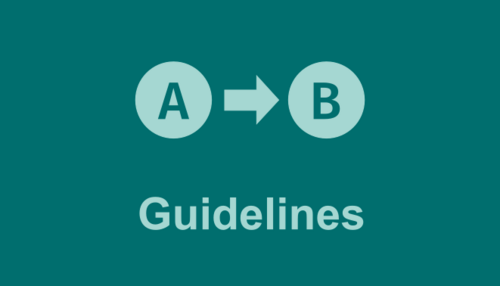
Dealing with research data
The Website «Research Data Management» provides researchers with guidance on where to find research data and where to publish their own.
![[Translate to English:] Icon Tool](https://digitalskills.unibas.ch/fileadmin/_processed_/3/6/csm_tool5-ico_a411301303.png)
Digital tools of the UB
The University Library offers various tools and services (including repositories and search engines) that are very useful to find and manage information and data.
Further internet resources
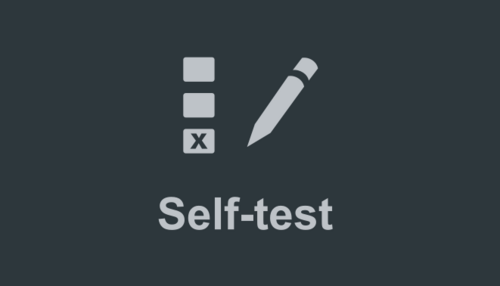
Test media & information
In order to test one's skills in the area of information and media literacy, this “News Test” ist very useful. It was developed by several German public institutions, including the Federal Agency for Civic Education. (In German.)

Copyright and data protection
CCDigitalLaw is a comprehensive knowledge database on copyright, privacy and data protection in digital environments, with a strong focus on the Swiss legal context.

Plagiarism and copyright
The Berlin University of Applied Sciences offers a comprehensive online self-study resource on plagiarism and copyright (in German).

Evaluate information
The CRAAP-Test is one of the standard guidelines for testing the reliability of information. It was originally developed by the Meriam Library at California State University.

Information Literacy Group
This British organization offers practical guidance for those who are not yet familiar with the principles of information literacy. Among other things, useful information sheets (flyers) are available for download.
![[Translate to English:] Icon tool](https://digitalskills.unibas.ch/fileadmin/_processed_/3/6/csm_tool5-ico_a411301303.png)
Catalogue of the university libraries
Swisscovery is the portal of the Swiss university libraries to search their catalogues and access their digital resources.
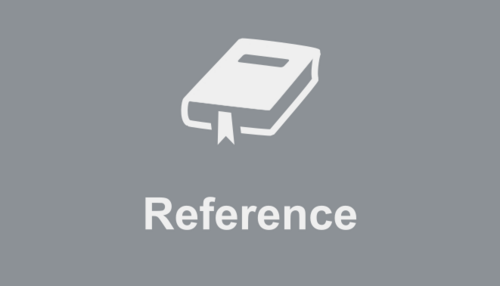
What is data literacy?
The Higher Education Forum on Digitization offers a detailed report on data literacy (PDF) that includes useul definitions and recommendations.

A researcher’s view
Nando Stöcklin offers a definition of information and media literacy in this valuable essay published in MedienPädagogik (in German).
Continue to the next literacy area: Information resources for research, development and innovation
